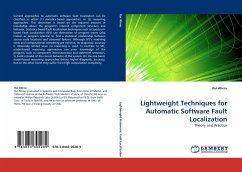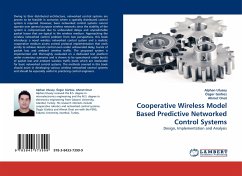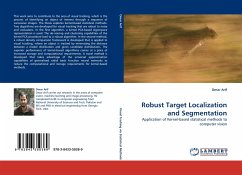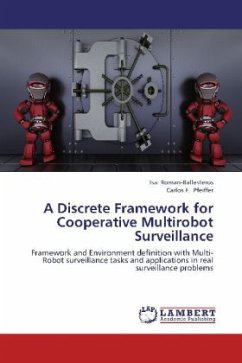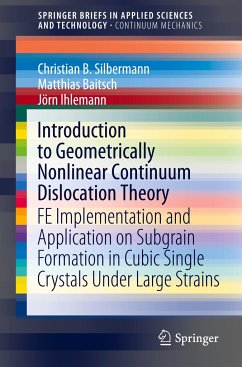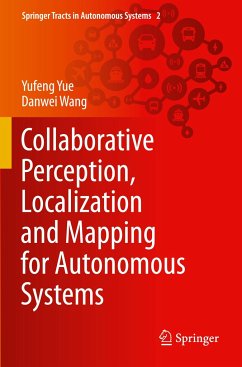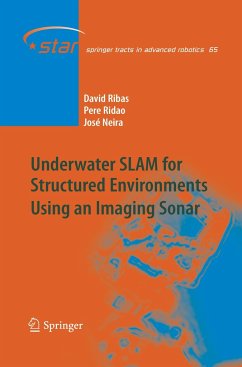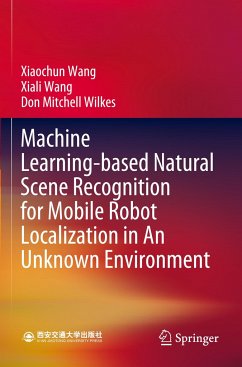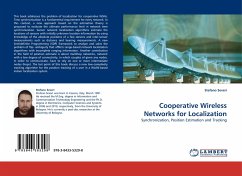
Cooperative Wireless Networks for Localization
Synchronization, Position Estimation and Tracking
Versandkostenfrei!
Versandfertig in 6-10 Tagen
32,99 €
inkl. MwSt.

PAYBACK Punkte
16 °P sammeln!
This book addresses the problem of localization for cooperative WSNs. Time synchronization is a fundamental requirement for every network. In this context, a new approach based on the estimation theory is proposed to evaluate the ultimate performance limit in network time synchronization. Sensor network localization algorithms estimate the locations of sensors with initially unknown location information by using knowledge of the absolute positions of a few sensors and inter-sensor measurements such as distance and bearing measurements. A new Semidefinite Programming (SDP) framework to analyze ...
This book addresses the problem of localization for cooperative WSNs. Time synchronization is a fundamental requirement for every network. In this context, a new approach based on the estimation theory is proposed to evaluate the ultimate performance limit in network time synchronization. Sensor network localization algorithms estimate the locations of sensors with initially unknown location information by using knowledge of the absolute positions of a few sensors and inter-sensor measurements such as distance and bearing measurements. A new Semidefinite Programming (SDP) framework to analyze and solve the problem of flip- ambiguity that afflicts range-based network localization algorithms with incomplete ranging information. Another contribution in the field of position estimate is about multihop networks, network with a low degree of connectivity, in which couples of given any nodes, in order to communicate, have to rely on one or more intermediate nodes (hops). The last point of this book discuss a new low-complexity tracking algorithm for the position tracking of a user in a WLAN-based indoor localization system.



